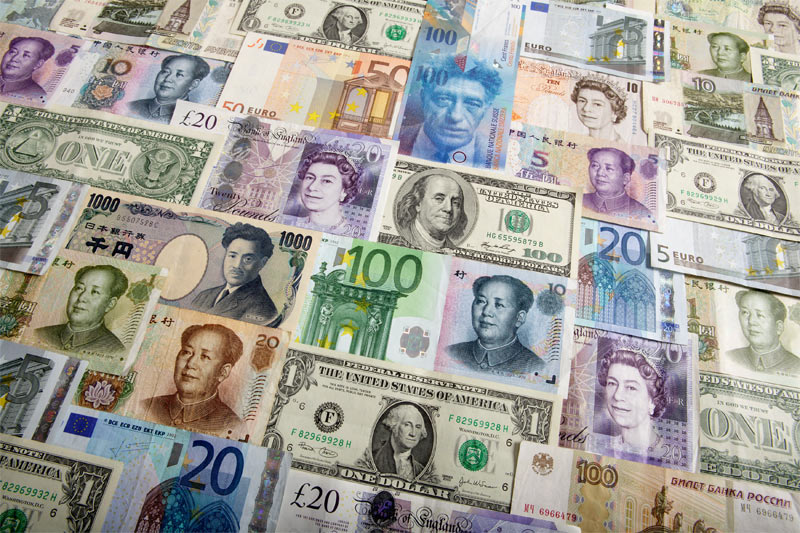Investing.com - The dollar extended gains against the yen on Wednesday, shrugging off weaker than expected data on U.S. private sector jobs growth, while the euro slipped lower ahead of Thursday’s European Central Bank meeting.
USD/JPY touched highs of 102.55, the highest since February 26 and was last up 0.25% to 102.49.
Demand for the safe haven yen was hit as tensions between Russia and Ukraine eased after Russian President Vladimir Putin said on Tuesday that a military deployment in Ukraine is not needed now.
Investors remained cautious with Russian forces still maintaining a military presence in Ukraine’s Crimea region, but diplomatic efforts to end the standoff continued.
The dollar shrugged off data showing that the U.S. private sector added 139,000 jobs in February, below expectations for an increase of 160,000.
The euro was lower against the dollar, with EUR/USD down 0.21% to 1.3712. The euro’s losses came despite data showing that private sector activity grew more rapidly than initially estimated in February, expanding at the fastest pace since June 2011.
A separate report showed that euro zone retail sales rose more strongly than forecast in January.
The common currency remained under pressure ahead of the ECB's meeting on Thursday, amid speculation that the bank may tighten monetary policy in order to safeguard the fragile recovery in the region.
Figures released last Friday showed the annual rate of inflation in the euro area was unchanged at 0.8% in February, well below the ECB's target of just under 2.0%.
Elsewhere, the dollar pushed higher against the Swiss franc, with USD/CHF rising 0.12% to 0.8881.
GBP/USD was up 0.24% to 1.6703. Sterling remained supported after data showed that activity in the U.K. service sector dipped in February, but growth remained robust with firms hiring staff at the fastest rate in nearly 16 years last month.
The Australian dollar was also higher, with AUD/USD rising 0.20% to 0.8969. Australia’s dollar was boosted after data on Wednesday showed that the economy grew 0.8% in the fourth quarter, ahead of expectations for a 0.7% increase, after a 0.6% expansion in the three months to September.
Meanwhile, NZD/USD was up 0.23% to 0.8408.
The U.S. dollar slipped lower against the Canadian dollar, with USD/CAD down 0.18% to 1.1072.
The U.S. dollar index, which tracks the performance of the greenback versus a basket of six other major currencies, edged up 0.08% to 80.23.
